INDIA has shown the world there is “something special” about its films, acclaimed director Shekhar Kapur told Eastern Eye, as the country celebrated a rare and historic double triumph at the Academy Awards last Sunday (12).
Foot-tapping Telugu chart-buster Naatu Naatu beat the likes of superstars Rihanna and Lady Gaga to win the Oscar for best original song, and made SS Rajamouli’s RRR the first Indian feature film to win the prestigious award.
A second entry, The Elephant Whisperers, won in the documentary short film category, making it an unforgettable year for India.
“People overseas are recognising there is something very special about what we do in India,” said Kapur, the director of Bandit Queen, Elizabeth, Mr India and more recently, What’s Love Got To Do With It?
Kapur added, “If they didn’t think there was something special in what we do in India, then why would they be attracted to RRR?
“It’s a celebration, a mythic over-the-top, melodramatic celebration of cinema, and they loved it.
“RRR’s success has proven and opened the eyes of a lot of people in India – that you don’t have to pander to them (the West). You just do what you do, as brilliantly as you can, which is what RRR is.”
The director also praised The Elephant Whisperers and the nomination of Shaunak Sen’s All That Breathes, which lost to Russian film Navalny in the documentary feature category.
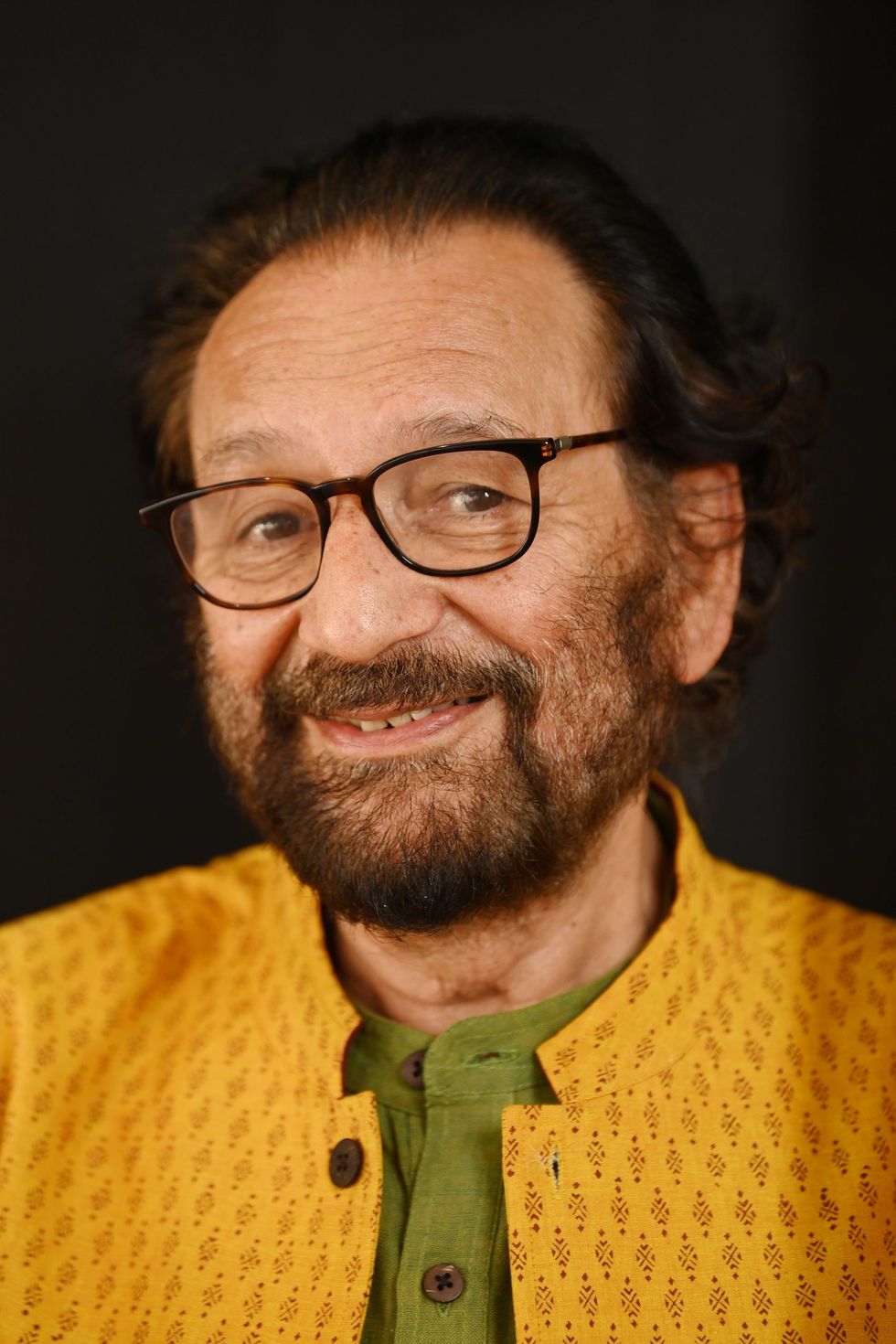
Kapur, 77, is famous both in India and abroad for his work. His 2007 film, Elizabeth: The Goldem Age won an Oscar for best costume design, while its lead star, Australian Cate Blanchett, was nominated for best actress.
He told Eastern Eye he now sees a future where more talented artists will follow in his footsteps.
“It is (India’s presence globally) increasing. I don’t think that winning is as fundamentally important as being nominated,” the filmmaker said.
“We should applaud every film that got nominated because a whole body of people said, ‘We loved this film’. We should applaud All That Breathes also. It’s a beautiful film.”
Kapur added: “Indian filmmakers are also becoming very confident about themselves. The Oscar wins mean that Indian filmmakers can make Indian films and aspire to the Oscars – it gives them hope. They know now they have the potential to grab an international market.”
Indians erupted in celebration on Monday (13) after news of the two wins from Hollywood.
Prime minister Narendra Modi said: “The popularity of Naatu Naatu is global. It will be a song that will be remembered for years to come. Tonight is historic as this is the first-ever Oscar for an Indian production. India is elated and proud.”
India’s information and broadcasting minister, Anurag Thakur, said “brand India” had arrived, and called for concerted efforts to build on the success of the historic Oscars win.
“It is a matter of pride for India that the Indian film industry has won two world awards in Oscars,” Thakur said.
“Brand India has arrived and it is just a beginning. India has the potential to become the content hub of the world. Let us work together to make India the content hub of the world.”
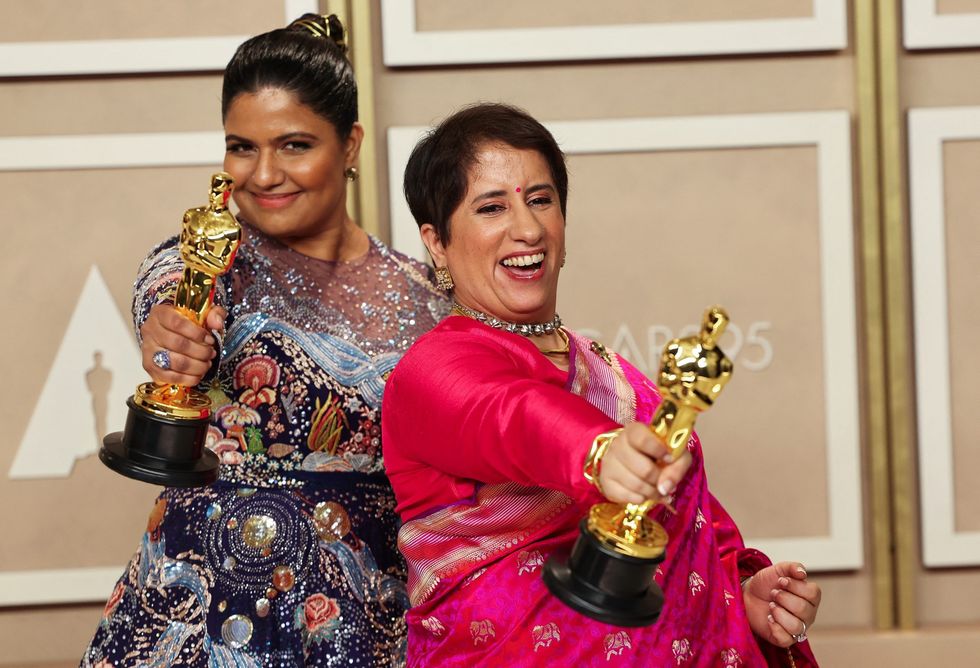
Anthony Ruban, who worked on The Elephant Whisperers as a sound engineer, said the Oscar victory was “like a dream come true.”
“It’s a pride moment for India. It’s so surreal, so proud to be part of such a very important and lovely documentary project,” Ruban said.
“I did not realise it was going to be this big. I knew the documentary is going to touch everyone who watches it. Now it has touched everybody, it has touched people all over the world.”
Rajamouli’s three-hour extravaganza RRR is a fictionalised story of two colonial-era revolutionaries, filled with large-scale, visual effects-laden action sequences and musical numbers.
It has smashed box-office numbers in India, and wowed audiences from the United States to Japan, with Naatu Naatu becoming a cultural sensation. South Korea’s ambassador to India, Chang Jaebok’s rendition of the song, went viral.
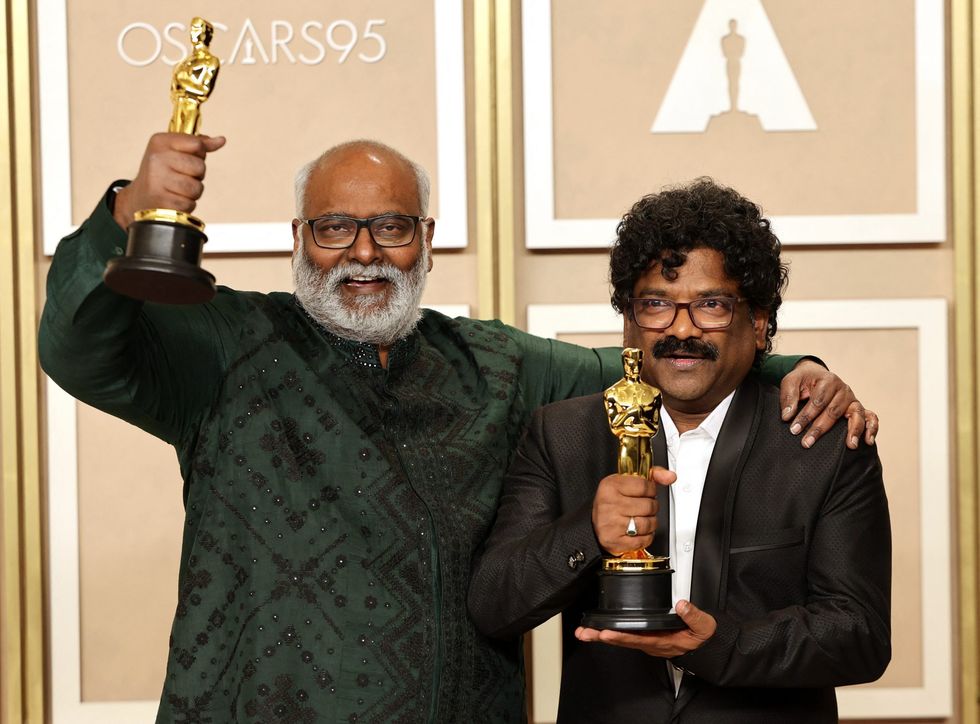
Naatu Naatu also beat Taylor Swift and Rihanna at the Golden Globes and Critics Choice Awards.
RRR has become one of the highest-grossing Indian movies ever, with moviegoers dancing in cinema aisles.
It also introduced the country’s lesser-known, but prolific southern cinema industry to a worldwide audience.
“Out of the 1,000 films we make in India every year, 800 of them are regional films – they are the spinal cord of Indian cinema,” said Resul Pookutty, the Indian film sound designer who won a best sound mixing Oscar in 2009 for Slumdog Millionaire.
India’s Hindi-language cinema industry has long been known as the world’s most productive, but international film awards beyond the festival circuit have largely remained the preserve of English-language movies. That changed when Bong Joon-ho’s Parasite received four Academy Awards in 2020, including best film and best director.
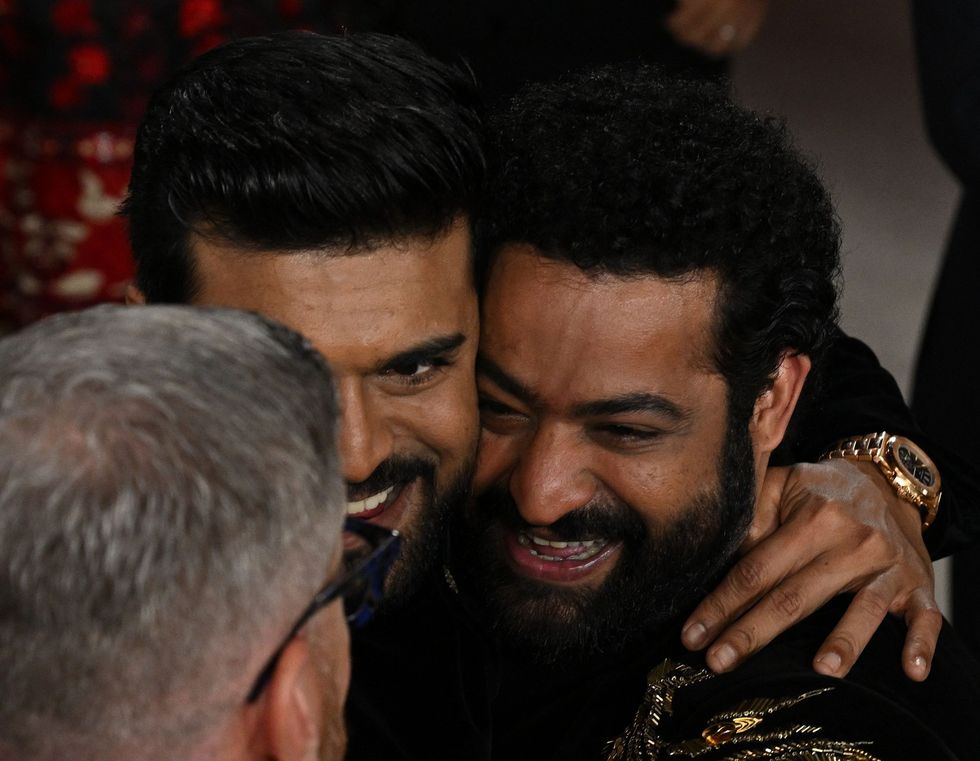
The only previous Indian Oscars were for English language films – the 1982 British Indian co-production Gandhi and 2008’s Mumbai-set British drama Slumdog Millionaire.
Now Rajamouli hopes a statuette for the dance number Naatu Naatu will pave the way for Indian auteurs to do the same.
“We are breaking ground, but I think we are in very, very initial, initial steps,” said the 49-year-old. “If you see (South) Korea, for example, the kind of inroads they have made... we should aspire to do that, all Indian film-makers.”
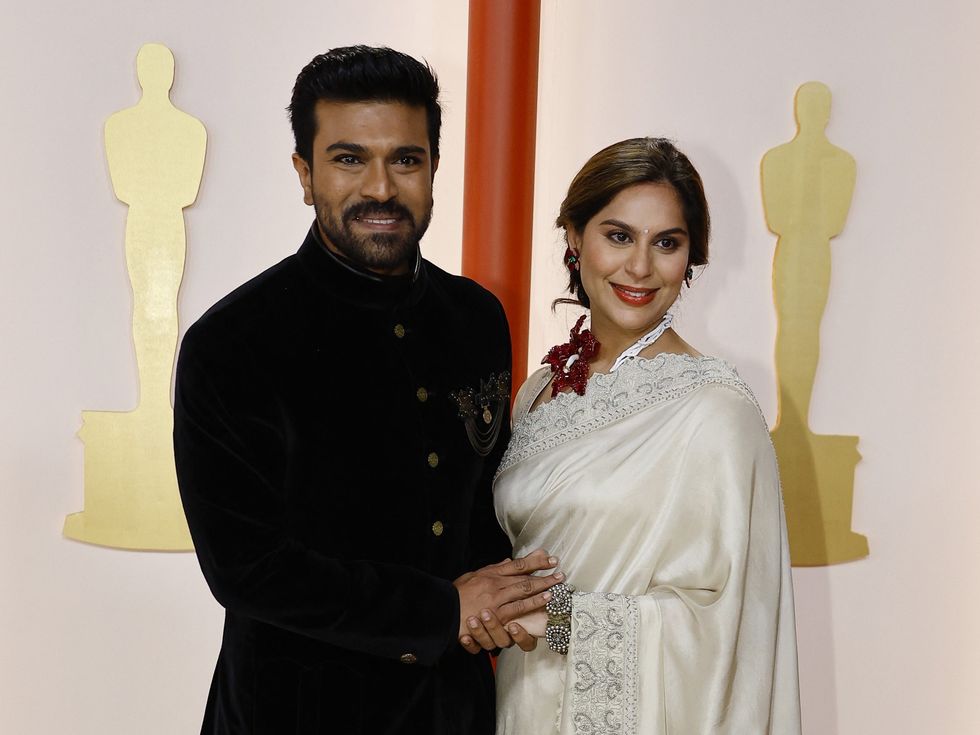
Kapur is confident the success of RRR and The Elephant Whisperers will lead to
more opportunities for Indian productions.
“The international market has become aware of (Indian cinema), which it wasn’t before, even though Telugu films have been doing great business, but only in the diaspora,” he said.
“There is a very good breakout chance for this kind of commercial Indian films, though I will tell you that Japan has been doing it for years.
“But now there’s awareness among Indian filmmakers, that this is a possibility, there is potential.
“There is awareness, too, from distributors, exhibitors, buyers worldwide. So if somebody says, ‘I’m making a film like RRR,’ they have heard of it.
“What’s happened to Indian cinema is amazing. Amazing!” Kapur said it was important for Indian stories and films to keep their identity, lamenting the fact that films such as Slumdog Millionaire are called British because its producers were from the UK.
“I’ve always considered it an Indian film. And I’ve been very disappointed that it never gets called an Indian film – it gets called a British film. I really, really am disappointed because that was so successful. When it came out, nobody called an Indian film. I was quite upset about that,” he said.
“Danny Boyle directed it and Simon (Beaufoy) wrote it and they’re British, but it was based on a novel by an Indian (Vikas Swarup), it had Indian actors based in India, and the songs were by AR Rahman.
“When it gets funded from outside, it doesn’t get called an Indian film. And so it’s important now that the funding or the production companies and the producers are from India or based in India.
“Slumdog Millionaire should have done what we are talking about now – open the gates for commercial Indian cinema to flourish.”
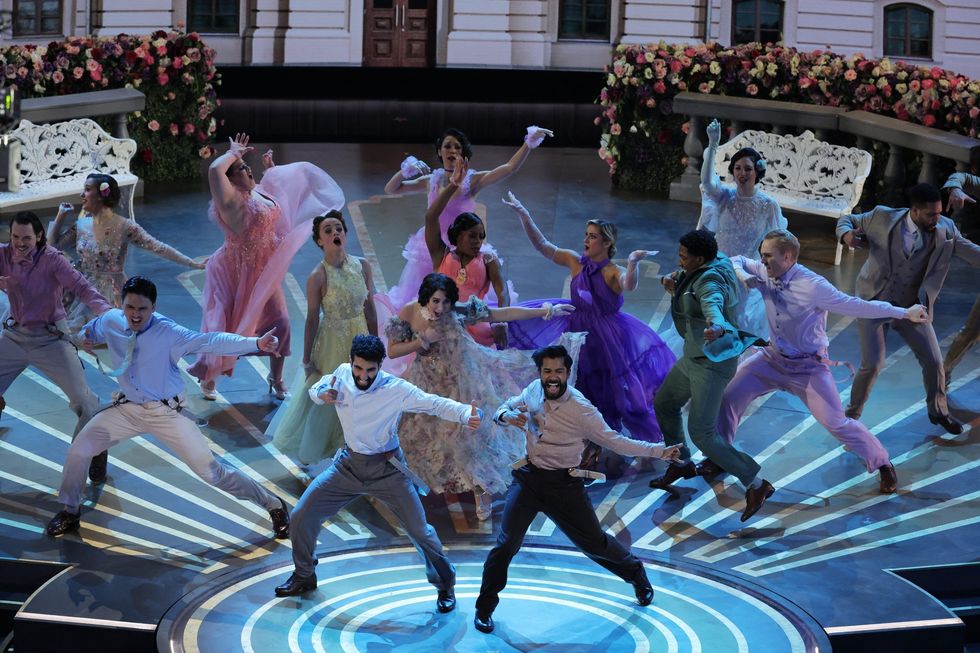
Composer MM Keeravani believes Naatu Naatu’s unprecedented success will also open Indian musical artists to the worldwide market.
“It’s just the beginning of everything,” Keeravani said.
“For the world, particularly the Western world, folks are more on India and Asian music. It’s just long overdue. I feel very happy to open doors and the world to embrace my culture.”
The song has become a viral sensation outside of the film, racking up more than 122 million views on YouTube and inspiring a TikTok challenge where users attempt to recreate the acrobatic dance-off.
Keeravani said he felt compelled to use the Oscars’ platform to highlight other artists from India.
“It’s important so that more and more music and talented artists from my country can have a chance to get this kind of recognition, so the world embraces India music more than ever,” he said.






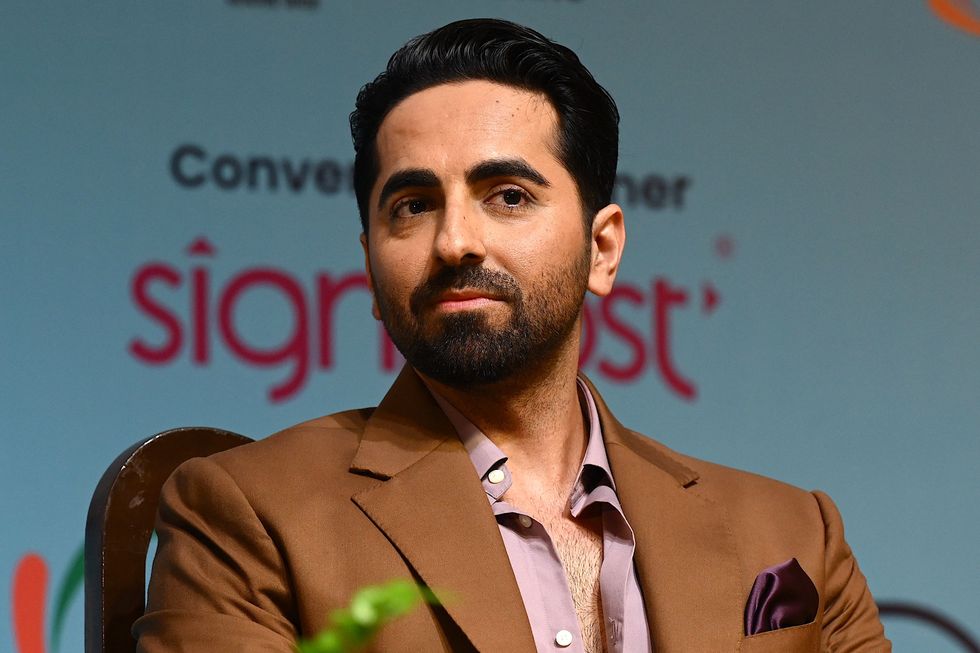 Ayushmann Khurrana attends an event at the FICCI Frames 2024 Getty Images
Ayushmann Khurrana attends an event at the FICCI Frames 2024 Getty Images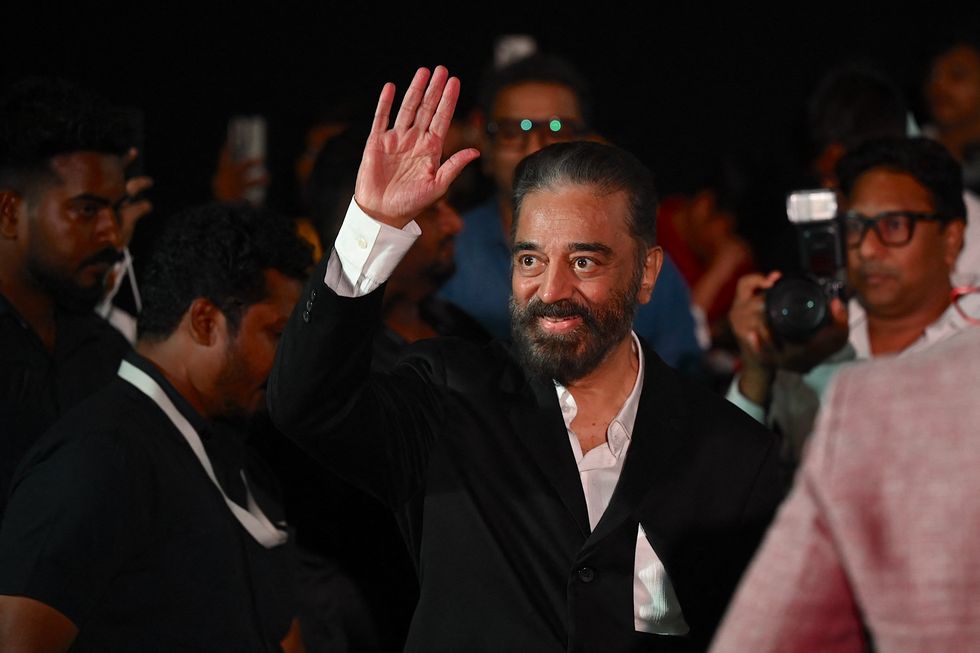 Kamal Haasan waves as he attends a press conference for 'Thug Life'Getty Images
Kamal Haasan waves as he attends a press conference for 'Thug Life'Getty Images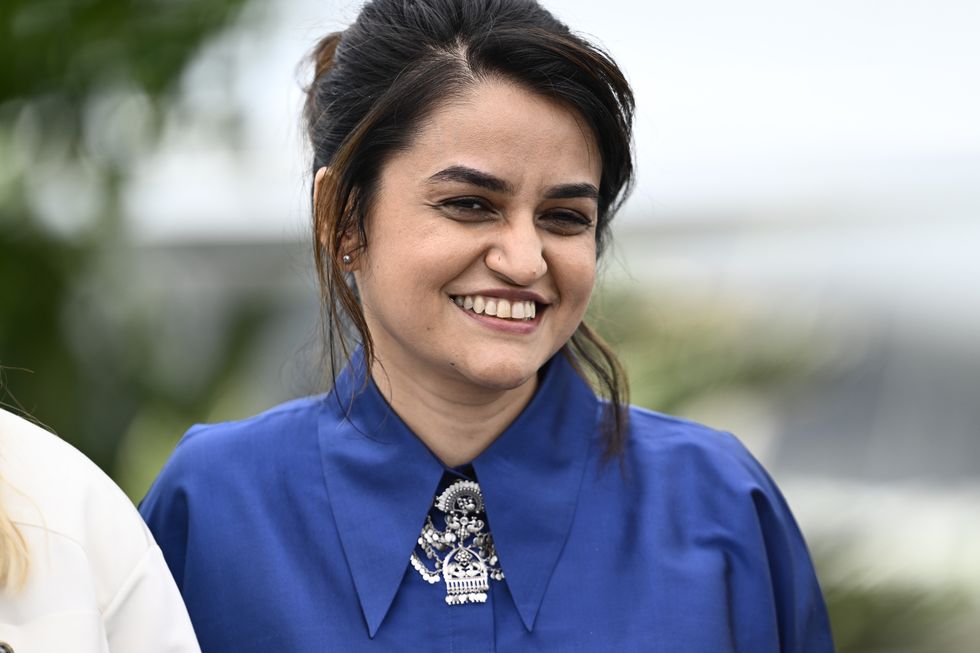 Payal Kapadia smiles during the Jury photocall at the 78th annual Cannes Film FestivalGetty Images
Payal Kapadia smiles during the Jury photocall at the 78th annual Cannes Film FestivalGetty Images








 Victoria Beckham's story Instagram screengrab/
Victoria Beckham's story Instagram screengrab/ Victoria Beckham's story Instagram screengrab/
Victoria Beckham's story Instagram screengrab/ David Beckham of England feels the pain in his arm after being tackled and upended by Thabang Molefe of South AfricaGetty Images
David Beckham of England feels the pain in his arm after being tackled and upended by Thabang Molefe of South AfricaGetty Images 


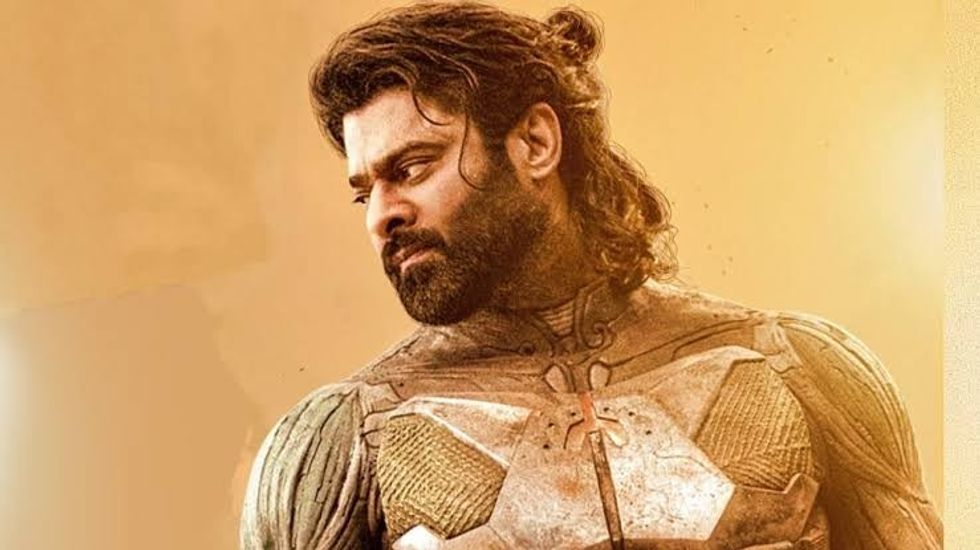 Prabhas in a still from Kalki 2898 AD which completed one yeargetty images
Prabhas in a still from Kalki 2898 AD which completed one yeargetty images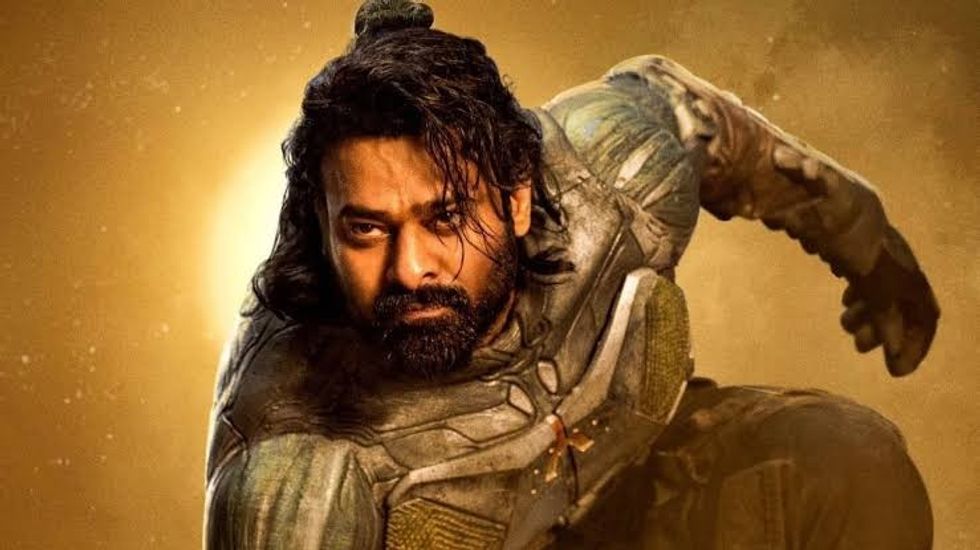 Kalki 2898 AD became one of the top three biggest openers in Indian cinemagetty images
Kalki 2898 AD became one of the top three biggest openers in Indian cinemagetty images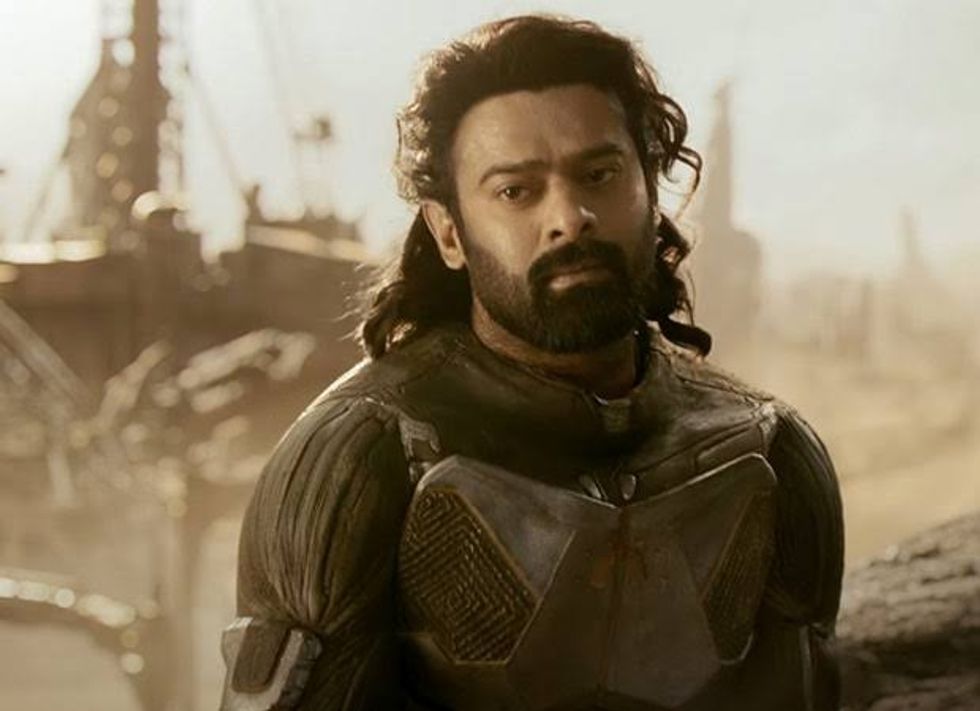 Kalki 2898 AD brought together sci-fi and mythology in a first-of-its-kind Indian filmgetty images
Kalki 2898 AD brought together sci-fi and mythology in a first-of-its-kind Indian filmgetty images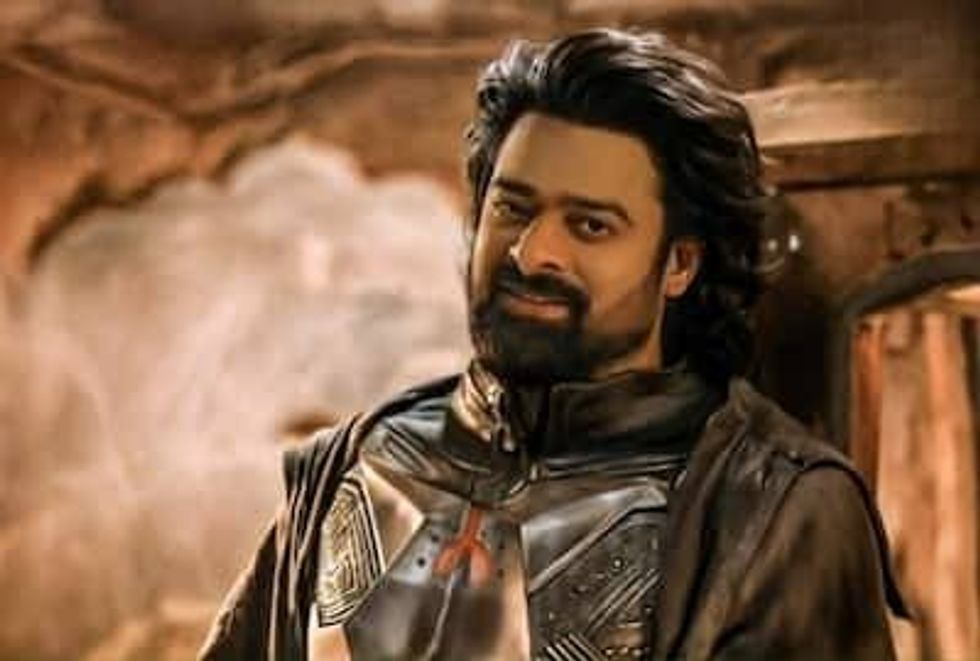 Prabhas plays the futuristic warrior Bhairava in Kalki 2898 AD getty images
Prabhas plays the futuristic warrior Bhairava in Kalki 2898 AD getty images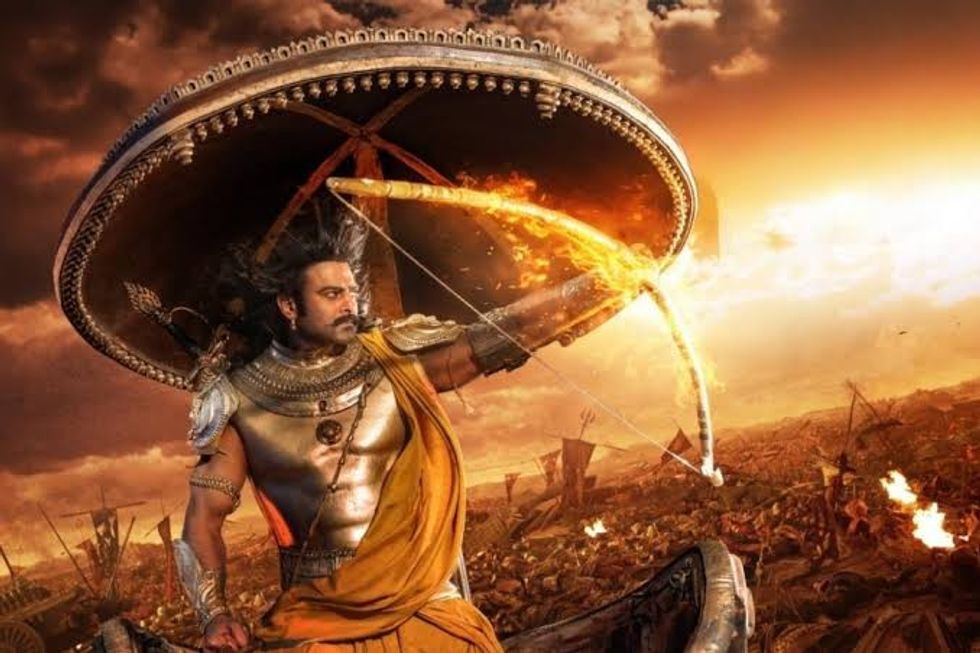 Prabhas in action during a high-intensity sequence from Kalki 2898 ADgetty images
Prabhas in action during a high-intensity sequence from Kalki 2898 ADgetty images